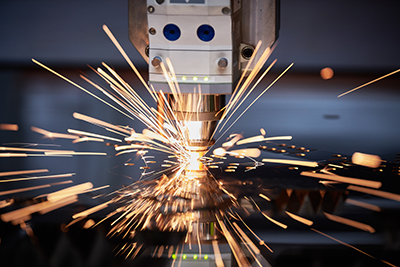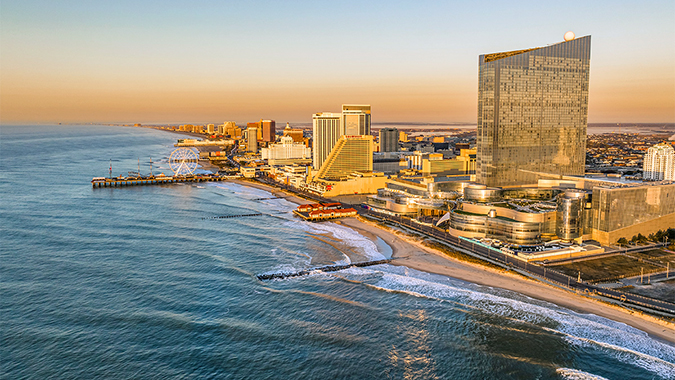The National Association of Manufacturers is pushing back on the Build Back Better Act, which was passed by the House of Representatives on Friday.
NAM President and CEO Jay Timmons, in a statement, said the $2 trillion social spending bill, will adversely hit manufacturers around the nation.
“This bill, regardless of its intentions, is paid for by taxes that will hit manufacturers harder than other industries,” Timmons said. “We oppose this legislation that would stifle our ability to expand our operations, hire more workers and raise wages and benefits. This comes at a time when Americans are counting on manufacturers to lead our recovery and respond to supply chain challenges.”
The reconciliation bill includes spending initiatives that would overhaul federal climate, education, healthcare, immigration and tax laws. The tax-and-spend package is expected to face more resistance in the Senate after the Thanksgiving holiday.
One provision of the Build Back Better Act imposes a corporate minimum tax, generally equal to 15% of a corporation’s book income.
“The ‘book tax,’ in particular, harms manufacturers more than others because it increases the cost of machinery and equipment purchases, which are central to manufacturers’ operations and our ability to create and support American jobs,” Timmons said.
“The tax reforms of 2017 gave manufacturers the tools to invest in our people and our communities, making 2018 the best year for manufacturing job creation in more than two decades. We should build on that progress—not return to archaic tax policies or target manufacturers with new taxes.
The Biden administration’s original $3.5 trillion plan would have increased the corporate income tax rate from 21% to 28% to pay the programs in the reconciliation bill. That increase was taken out of the original bill as it was reduced, after NAM and NJBIA took action to warn of those impacts on manufacturers and their customers.




